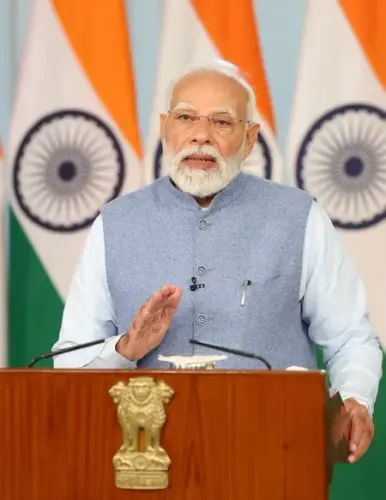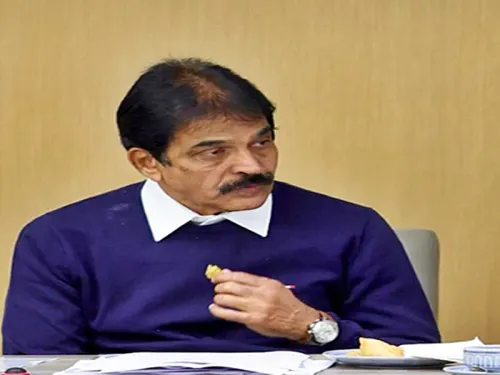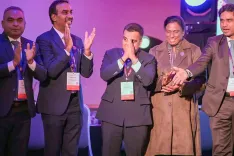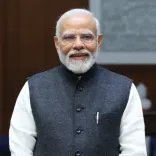Why is the EC Responding to Congress on Voter List Claims?
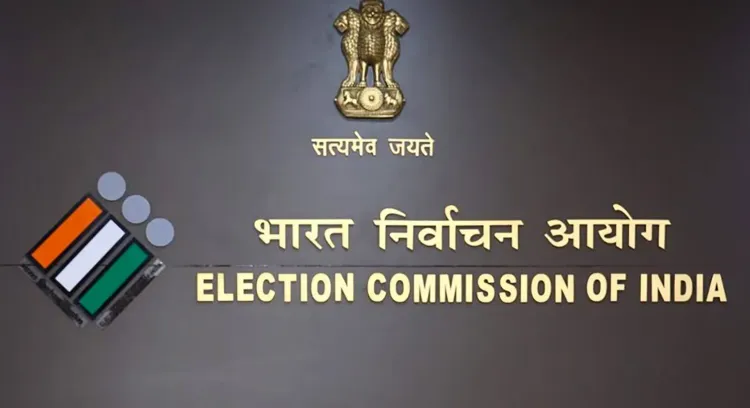
Synopsis
Key Takeaways
- Election Commission firmly defends voter list integrity.
- Allegations of electoral fraud deemed 'false and misleading.'
- Public access to digital voter rolls encouraged for transparency.
- Legal procedures must be followed for any voter deletions.
- Importance of safeguarding electoral integrity highlighted.
New Delhi, Aug 13 (NationPress) As political tensions escalate over accusations of voter list tampering, the Election Commission of India (ECI) has issued a strong counter, labeling the recent allegations as “false and misleading.”
This clarification responds to the Leader of the Opposition (LoP) in Lok Sabha, Rahul Gandhi, who has been campaigning against the Commission, alleging that it is enabling widespread voter fraud, which he regards as an affront to the democratic ideal of “one person, one vote.”
LoP Rahul Gandhi has urged the ECI to make digital voter rolls publicly accessible, enabling citizens and political parties to carry out independent audits. His initiative, launched via the portal ‘votechori.in’ and backed by a missed-call outreach, claims that fictitious and duplicate entries have been utilized to sway election results in vital constituencies.
The Congress party asserts that its analysis, based on publicly accessible information, uncovers significant inconsistencies in voter lists, especially in Mahadevapura, Karnataka.
In its formal reply, the ECI maintained that the electoral rolls are compiled in strict accordance with the law. Any modifications, deletions, or additions must adhere to the protocols outlined in the Registration of Electors Rules, 1960.
The Commission stressed that no individual can remove a voter’s name from the rolls arbitrarily without due process and substantial evidence.
The statement clarified that while Electoral Registration Officers (EROs) may commence inquiries based on media reports, they cannot issue widespread notices based solely on allegations circulated in print, television, or social media.
Such actions, the Commission cautioned, could lead to the harassment of thousands of eligible voters. Referring to Rule 20(3)(b), the ECI elucidated that anyone alleging wrongful inclusion must provide evidence under oath.
The Commission challenged those making public allegations to formally submit their claims with signed declarations, emphasizing that this legal protection safeguards voters from politically driven interference.
“The Election Commission was, is, and will always stand with every eligible elector,” the statement concluded, reaffirming its dedication to uphold the integrity of the electoral process.
As discussions around voter list transparency heat up, the ECI’s response seeks to reassure the public regarding the reliability of India’s democratic framework.
With elections approaching, the conflict between institutional authority and political activism has emerged as a pivotal chapter in the nation’s ongoing quest for electoral accountability.


